Accusations of ethnic discrimination, vague definition of terrorism not true
The terrorist attacks that previously took place in the Xinjiang Uygur autonomous region were not the result of the growth of the Han Chinese population or of the ethnic discrimination portrayed in a recent United Nations report, a spokesman for the regional government said.
For a certain period, terrorist and extremist forces at home and abroad had been instigating ethnic hatred in Xinjiang in the name of identity and religion. They lured people into violent terrorist activities and caused unrest, Xu Guixiang, a spokesman of the regional government said at a news conference in Geneva, Switzerland on Thursday.
On Aug 31, the Office of the UN High Commissioner for Human Rights, or OHCHR, issued an assessment of human rights concerns in Xinjiang, including ethnic discrimination.
"This so-called ethnic discrimination doesn't exist in Xinjiang. In fact, any acts of discrimination and oppression targeting certain ethnic groups are strictly prohibited," said Xu, adding that the region strongly opposes the report, which has maliciously distorted the laws and policies of China while smearing the necessity, legitimacy and justice of Xinjiang's battle against terrorism and extremism.
On the contrary, intensified and continuous efforts to protect the rights of people from non-Han groups have been made, he added.
Xinjiang has clearly stated the definition and conduct of terrorism and extremism in law, which has prevented human rights violations in law enforcement, Li Juan, deputy director of the legal work committee of the standing committee of the people's congress in Xinjiang, said.
"Unlike the claims in the UN report, the legal definitions of terrorist and extremist conduct aren't vague, and law enforcement in such cases in Xinjiang is never random," Li said. "Also, Xinjiang has never linked acts of extremism to religious practice or ethnic tradition."
During the news conference, Yalikun Yakup, deputy head of the Xinjiang's regional public security department, also refuted the claim in the report that public security departments in Xinjiang can hold suspects for a long period of time without independent review in the name of fighting terrorism.
"Strict legal procedures must be followed in dealing with cases related to terrorism and extremism. In fact, the procedure of applying for criminal detentions for terrorist or extremist suspects is the same as any other criminal suspects," Yalikun said.
Muhtaram Sherip, deputy director of the Xinjiang Islamic Association and imam of Yanghang Mosque in the regional capital Urumqi, said that it's absurd that Xinjiang's efforts to fight terrorism and extremism are portrayed as human rights violations.
"I don't think that any country can tolerate people who instigate hatred and carry out violent acts that endanger public security and lives in the name of religion," Muhtaram said.
Xu said that he hopes the world will see Xinjiang objectively, instead of believing groundless accusations made up by anti-China forces.










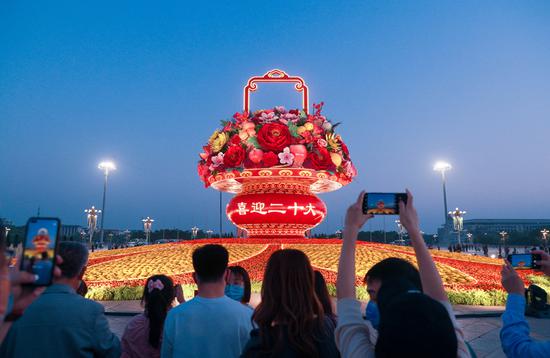





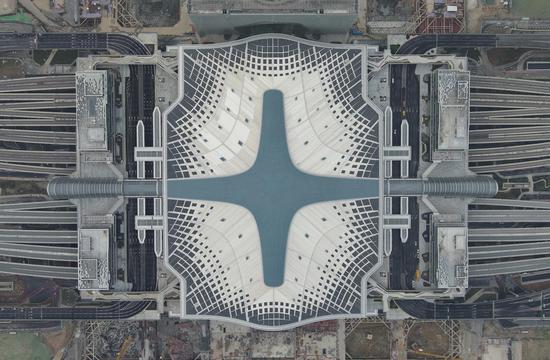






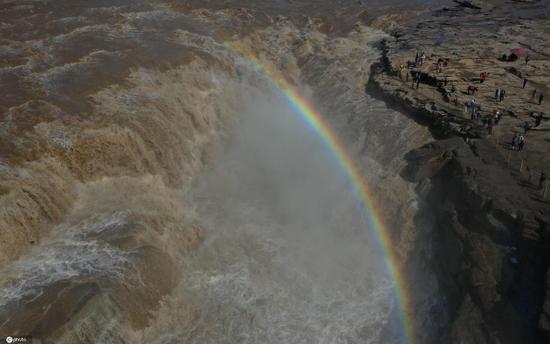
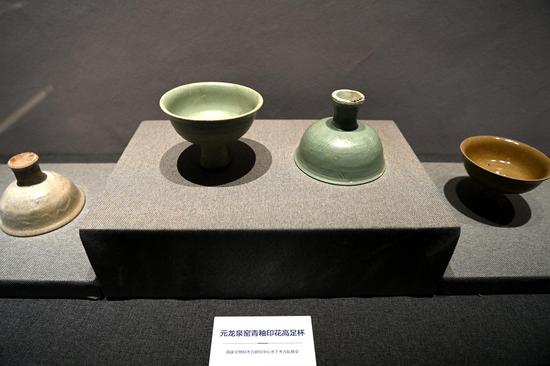
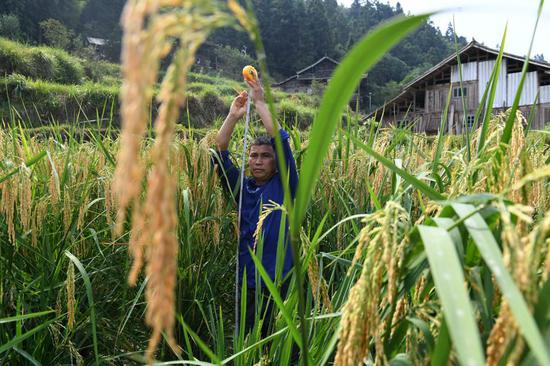

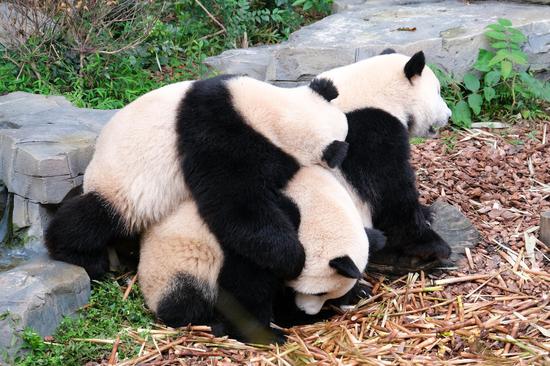



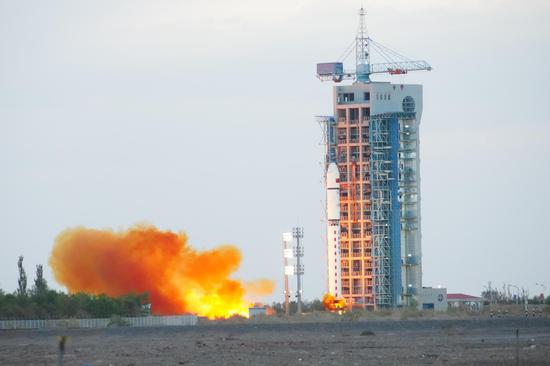
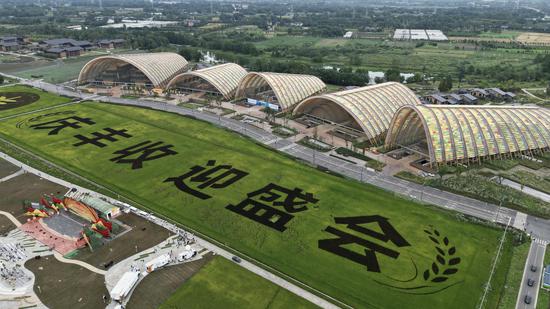


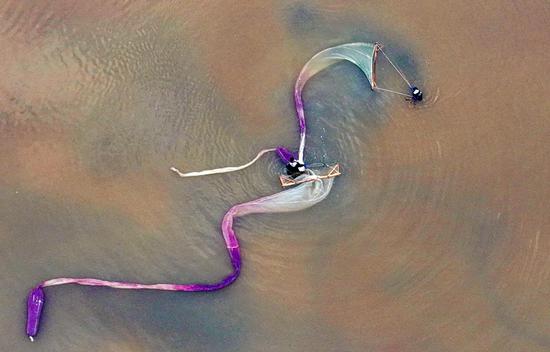
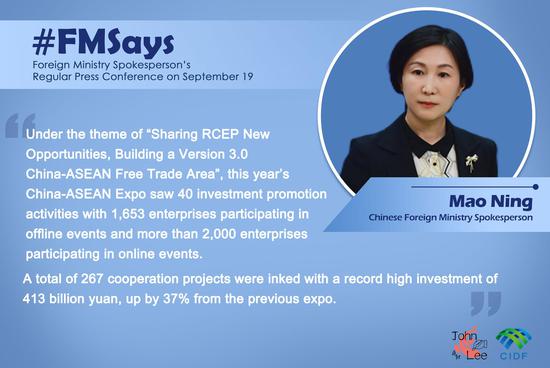
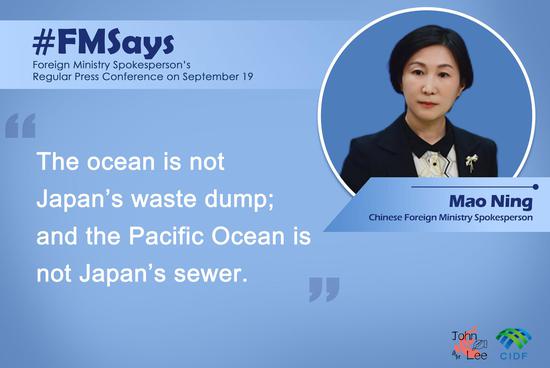

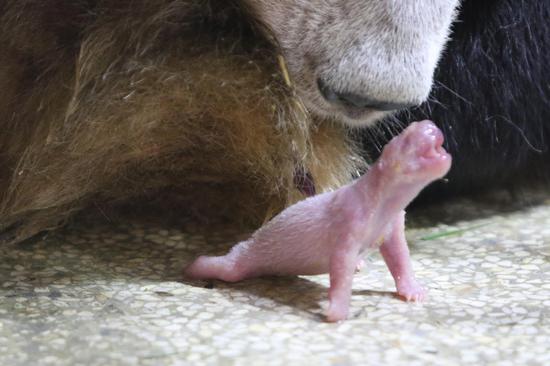
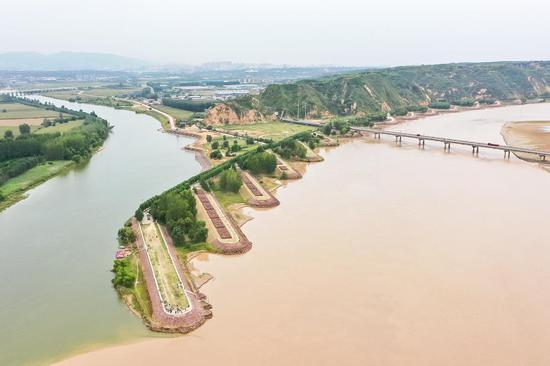



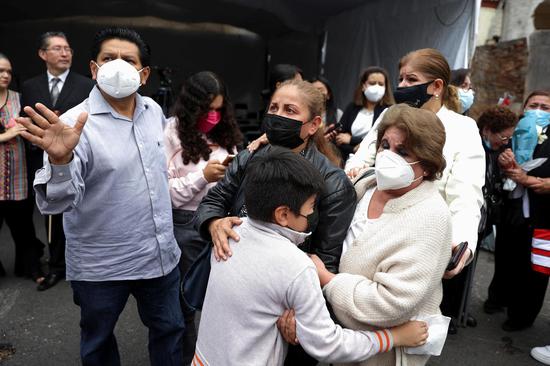





 京公网安备 11010202009201号
京公网安备 11010202009201号